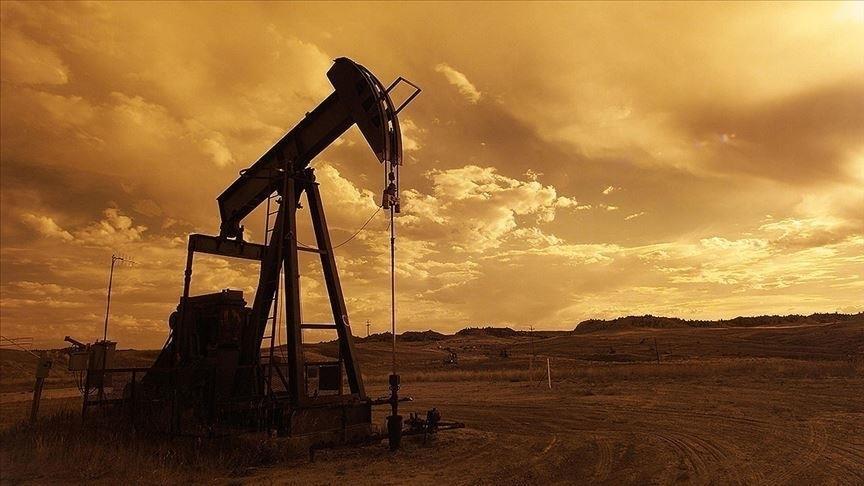Oil prices retreated on Tuesday as the Organization of the Petroleum Exporting Countries' (OPEC) plan to increase production offset market optimism over a potential trade deal between the US and China.
Brent crude was trading at $64.72 per barrel at 9.47 a.m. local time (0647 GMT), down 0.64% from the previous close of $65.14.
US benchmark West Texas Intermediate (WTI) also decreased by 0.61% to $60.97, compared to $61.35 in the prior session.
Analysts said investors are weighing progress in US-China trade talks against the broader supply outlook.
OPEC and its allies, known as OPEC+, are expected to implement another modest output increase in December. The group, which has long maintained production cuts to support the market, began gradually reversing them in April.
Meanwhile, US President Donald Trump and Chinese President Xi Jinping are expected to meet on Thursday in South Korea.
Chinese Foreign Minister Wang Yi told US Secretary of State Marco Rubio during a phone call that Beijing hopes Washington will remain open to cooperation in preparation for "high-level contacts."
After the Trump administration imposed its first sanctions on Russia over the Ukraine conflict during Trump's second term, Russian oil major Lukoil announced plans on Monday to sell its international assets.
The move is seen as one of the most significant responses by a Russian company to Western sanctions since the war began in February 2022.
Experts noted that sanctions on oil-exporting nations continue to influence crude prices. Russian Energy Minister Sergey Tsivilev said India holds a significant share in Russia's oil exports, and shipments have remained strong this year.
This robust supply from Russia has intensified concerns of a global glut, exerting downward pressure on prices.
Speaking to Russia's TASS news agency, Tsivilev underlined that India remains a key energy partner for Russia. US, which had imposed a 50% tariff on Indian imports of Russian oil as part of its sanctions, claimed Indian Prime Minister Narendra Modi had pledged to halt such purchases — a claim India has not confirmed.
Russian Deputy Foreign Minister Andrey Rudenko also confirmed on Oct. 20 that oil shipments to India are continuing.
By Humeyra Ayaz
Anadolu Agency
energy@aa.com.tr


